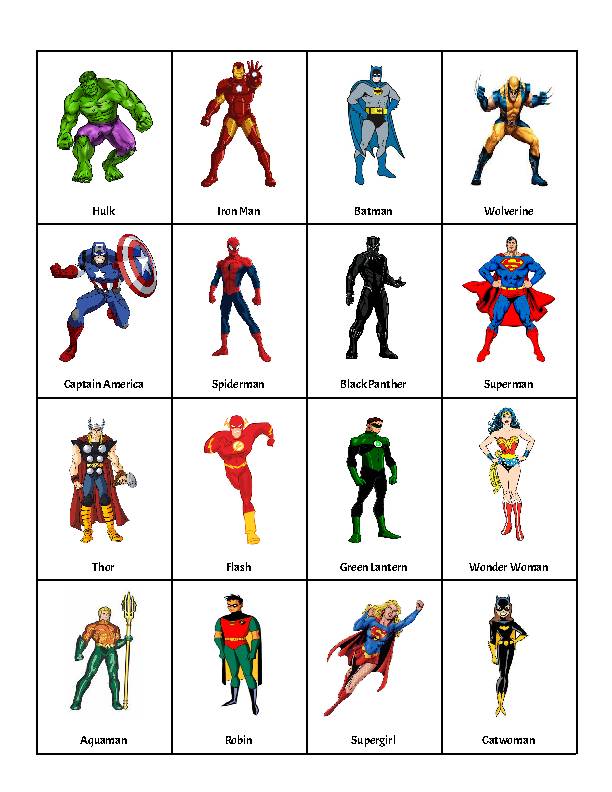You’ve heard of Freshman 15, and now, as a new teacher, you’ve learned about the New Teacher 15.
You’ve heard of Freshman 15, and now, as a new teacher, you’ve learned about the New Teacher 15.
This can be annoying (it changes how well your clothes fit) and upsetting (it can aggravate certain health issues like joint pain). However, it is possible to control weight gain and even lose extra weight. To slow the growing number of pounds, take action, but not necessarily the action you think.



One of the contributing factors to weight gain is the abundance of snacks you encounter. From faculty meeting treats to birthday-party cupcakes to the ever-present vending machines, you’re surrounded by tasty treats that quickly add up in terms of calories. No matter your preferred diet or your views on carbs, those cakes, cookies, and other morsels quickly use up your reasonable daily calorie allotments. Not to mention the sugar in many treats can make you tired, making it harder to control the urge to grab another chip.
Keep track of the snacks you eat. You don’t have to log calories if you don’t want to. Sometimes, seeing the growing list of treats is enough to put the brakes on more noshing.
Your busy schedule, the stress of a new job, the worries over certain students, and general life issues can lead to stress-eating. They can also lead to less sleep, leading to overeating; your hunger hormones go out of whack when you don’t get enough sleep.
Either case leads to increased pounds. Start creating a self-care schedule for yourself. Get the sleep you need, and take time to relax. Block off some time when you don’t allow yourself to work on any school issues. Be sure you include fun activities outside of school/work to give your brain a break. Add in something calming like yoga or meditation sessions.
It would help if you also revamped your diet outside of school. You don’t have to go on a calorie-cutting mission; give yourself better food. Go for foods with recognizable ingredients and good amounts of fiber and protein. Have treats occasionally, but increase the proportion of vegetables and fruit in your diet. A well-balanced diet helps you feel healthier.
Exercising to lose the extra weight may have been one of the actions you thought you should take. You should add exercise to your daily schedule, not just because you’ll burn some calories. Exercise helps reduce stress, and because it can make you stronger or improve your cardiovascular function and lung capacity, you feel better overall. You may even sleep better, which helps with your other self-care routines.
Try to add exercise that fits both strength training and aerobic exercise, but above all, choose something you like. You will feel much better if you choose rollerskating every week, for example, instead of trying to jog if you prefer rollerskating to jog.
Whatever you do, do it in moderation unless you feel comfortable taking it further. For example, maybe you must tell yourself not to eat sweets at all and stop eating treats at meetings.